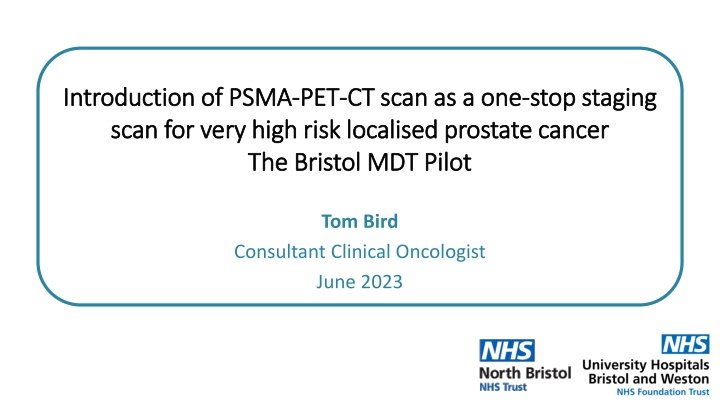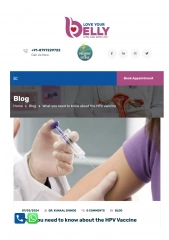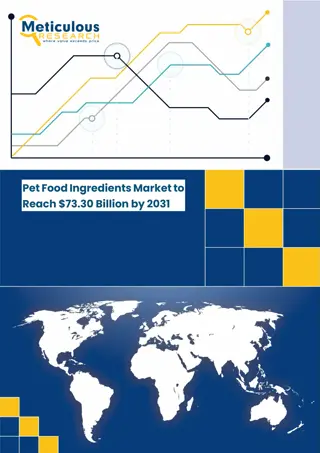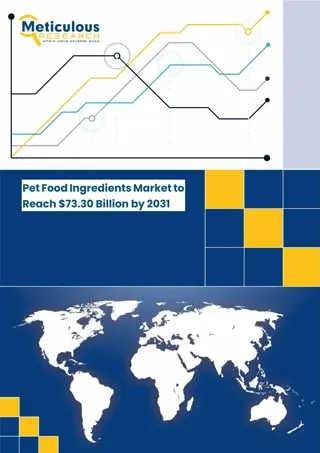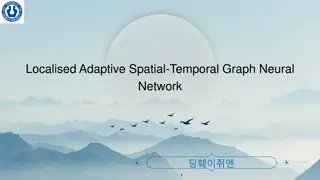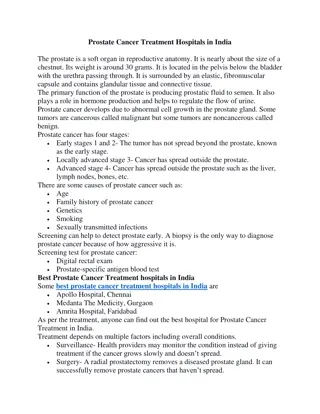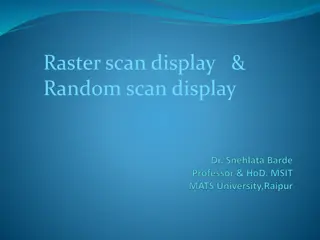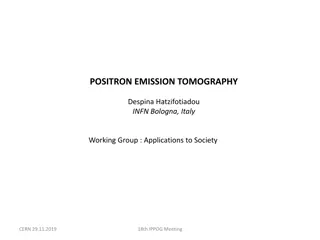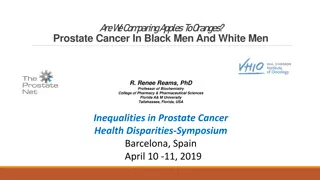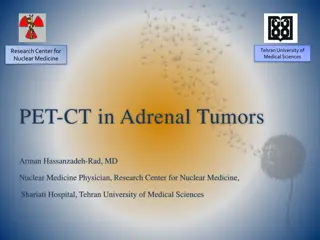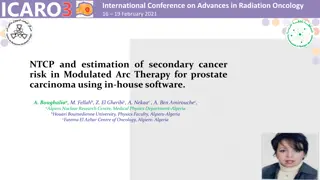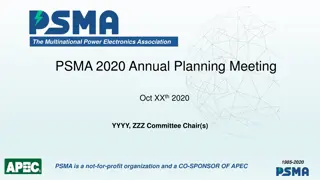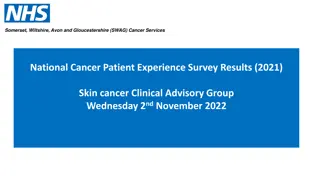Introduction of PSMA-PET Scan for Very High-Risk Localised Prostate Cancer
The Bristol MDT Pilot introduces the use of PSMA-PET scan for staging very high-risk localized prostate cancer. The proposal outlines a 6-month pilot study starting in November 2022 to evaluate the feasibility and impact on patient outcomes. The protocol involves a timely process of patient selection, PET-CT scheduling, and data collection to assess the effectiveness of this imaging technique. This initiative aims to improve diagnostic accuracy and potentially enhance treatment strategies for men with aggressive prostate cancer.
Download Presentation

Please find below an Image/Link to download the presentation.
The content on the website is provided AS IS for your information and personal use only. It may not be sold, licensed, or shared on other websites without obtaining consent from the author.If you encounter any issues during the download, it is possible that the publisher has removed the file from their server.
You are allowed to download the files provided on this website for personal or commercial use, subject to the condition that they are used lawfully. All files are the property of their respective owners.
The content on the website is provided AS IS for your information and personal use only. It may not be sold, licensed, or shared on other websites without obtaining consent from the author.
E N D
Presentation Transcript
Introduction of PSMA Introduction of PSMA- -PET scan for very high risk localised prostate cancer scan for very high risk localised prostate cancer The Bristol MDT Pilot The Bristol MDT Pilot PET- -CT scan as a one CT scan as a one- -stop staging stop staging Tom Bird Consultant Clinical Oncologist June 2023
Overview Background Proposal Results Discussion
Background More accurate (proPSMA) Potential to improve outcomes Impact on outcomes currently unknown - ?could be worse Equivocal findings resource implication & uncertainty Pathway effects? Guidelines Clinical trial recruitment Postcode lottery Patient queries
Background More accurate (proPSMA) Potential to improve outcomes Impact on outcomes currently unknown - ?could be worse Equivocal findings resource implication & uncertainty Pathway effects? Guidelines Clinical trial recruitment Postcode lottery Patient queries
Proposal 6 month Pilot Go Live MDT: 02 November 2022 Approximately 30 patients Choose a cohort of men with potentially highest chance of PSMA- PET positivity MDT Criteria Modification of STAMPEDE criteria for very high risk N1 disease on MRI prostate OR Gleason 9 OR 2 of: o o o T3b/T4 on MRI Gleason 8 PSA>40 Prospective patient list Retrospective data collection
Proposal (2) Urgent Urology CNS OPA scheduled within 3 working days to inform patient of plan for PET-CT Urology CNS emails Alliance Medical once patient informed MDT identifies case suitable for PSMA- PET-CT MDT Clinician requests PSMA-PET-CT within 48hrs of MDT Alliance Medical prioritise PET- CT report (?Mon) Urology MDT coordinator Alliance Medical books PET-CT slot within 7-10 days of MDT & contacts patient after their CNS OPA date Informs PET bookings team of patient details and CNS OPA date Urology MDT coordinator arranges further MDT discussion 14 days from initial MDT
Evaluation Points 1. Can a PSMA-PET-CT be requested, performed and reported in a timely manner (similar to current CT/bone scan timelines) so that the patient s cancer diagnostic pathway is not delayed 2. Are the correct patients having a PSMA-PET-CT requested by the urology MDT (as per locally set eligibility criteria) 3. Do equivocal PSMA-PET-CT results cause uncertainty for the MDT in its treatment recommendations 4. Do equivocal PSMA-PET-CT scans lead to further imaging requests (e.g. MRI scans) for clarification 5. What treatments did these men receive?
Results 2/11/22 31/5/23 inclusive 31 MDTs 37 PSMA-PET-CT Scans done on eligible patients Number of scans requested 14 12 10 8 6 4 2 0 0 1 2 3
Results: Cohort Characteristics Number Percentage Age Age (50-79; median: 68) <60 7 19% 60-70 16 43% 70-80 14 38% CT Bone scan 10 27% PSA <10 7 19% 10-20 11 30% 20-30 4 11% 30-40 4 11% 40-100 7 19% >100 4 11%
Results: Cohort Characteristics Number Percent Gleason 9 OR N1 24 67% Gleason 9 + N1 2 6% Gleason 9 only 16 44% N1 only 6 17% 2 of: T3b/4, Gleason 8, PSA>40 12 33% All 3 1 3% T3b/T4 + Gleason 8 5 14% T3b/T4 + PSA>40 5 14% Gleason 8 + PSA>40 1 3%
Results: Timelines MDT PET: PET Report: MDT Report: MDT MDT: Median 9 days, <10 days: 57%; <16 days: 78% Median: 4 days, <7 days: 100% Median 16 days, <21 days: 86% Median: 21 days 16 14 12 10 8 6 4 2 0 2 3 4 5 6
Results: Equivocal results 1 x non-PSMA avid disease referred for bone scan 1 x indeterminate adrenal lesion referred for CT adrenal 1 x ?sarcoid referred for CT chest 1 x ?T8 metastasis (& pre sacral nodes) for MRI T-spine
Results: Staging results N0 Mx on MRI N1 Mx on MRI 60 60 50 50 40 40 30 30 20 20 10 10 0 0 N0 M0 N1 M0 M1a M1b N0 M0 N1 M0 N1 M1b
Results: Staging results (2) 10 patients having conventional & PSMA-PET-CT staging M0 M1
Results: Staging & Treatments Staging PSMA-PET
Results: Staging & Treatments RALP (7) H+RT (9) N0M0 17 Staging PSMA-PET
Results: Staging & Treatments pT3b pN1 pT3a pN1 pT3a pN0 pT3a pN0 pT2 pN0 X2 TBC RALP (7) H+RT (9) N0M0 17 Staging PSMA-PET
Results: Staging & Treatments pT3b pN1 pT3a pN1 pT3a pN0 pT3a pN0 pT2 pN0 X2 TBC RALP (7) H+RT (9) N0M0 17 RALP (1) Staging PSMA-PET N1M0 H+RT (7) 8
Results: Staging & Treatments pT3b pN1 pT3a pN1 pT3a pN0 pT3a pN0 pT2 pN0 X2 TBC RALP (7) H+RT (9) N0M0 17 RALP (1) Staging PSMA-PET N1M0 H+RT (7) 8 Systemic Therapy + RT (10) M1 12 Systemic Therapy alone (2)
Conclusions / Discussion Points PSMA-PET-CT can be incorporated in to staging pathway PSMA-PET-CT can be incorporated in to staging pathway 86% Reported within 21 days 21 days 86% Reported within
Conclusions / Discussion Points PSMA-PET-CT can be incorporated in to staging pathway PSMA-PET-CT can be incorporated in to staging pathway 86% Reported within 21 days 21 days 86% Reported within Equivocal PET-CT results not a major issue Equivocal PET-CT results not a major issue PET Radiologist MDT presence? presence? PET Radiologist MDT
Conclusions / Discussion Points PSMA-PET-CT can be incorporated in to staging pathway PSMA-PET-CT can be incorporated in to staging pathway 86% Reported within 21 days 21 days 86% Reported within Equivocal PET-CT results not a major issue Equivocal PET-CT results not a major issue PET Radiologist MDT presence? presence? PET Radiologist MDT PSMA-PET sensitivity for N1 compared to MRI PSMA-PET sensitivity for N1 compared to MRI 20% N1M0 20% N1M0
Conclusions / Discussion Points PSMA-PET-CT can be incorporated in to staging pathway PSMA-PET-CT can be incorporated in to staging pathway 86% Reported within 21 days 21 days 86% Reported within Equivocal PET-CT results not a major issue Equivocal PET-CT results not a major issue PET Radiologist MDT presence? presence? PET Radiologist MDT PSMA-PET sensitivity for N1 compared to MRI PSMA-PET sensitivity for N1 compared to MRI 20% N1M0 20% N1M0 PSMA- PET sensitivity for M1 compared to CT/BS PSMA- PET sensitivity for M1 compared to CT/BS 40% M1 40% M1
Conclusions / Discussion Points PSMA-PET-CT can be incorporated in to staging pathway PSMA-PET-CT can be incorporated in to staging pathway 86% Reported within 21 days 21 days 86% Reported within Equivocal PET-CT results not a major issue Equivocal PET-CT results not a major issue PET Radiologist MDT presence? presence? PET Radiologist MDT PSMA-PET sensitivity for N1 compared to MRI PSMA-PET sensitivity for N1 compared to MRI 20% N1M0 20% N1M0 PSMA- PET sensitivity for M1 compared to CT/BS PSMA- PET sensitivity for M1 compared to CT/BS 40% M1 40% M1 95% eligible for Surgery or RT to Prostate Little evidence for under-treatment
Conclusions / Discussion Points (2) Review of MDT criteria? Need to only request PET at MDT? Need to review PET at MDT? Ways to avoid additional CT & Bone Scan?
Thank You Rory Halley-Hogg Amy Hadley Jon Aning Julian Kabala Randeep Kulshrestha Isabel Laurence Paul McCoubrie Paul McCoubrie Julian Kabala Randeep Kulshrestha Isabel Laurence Laquiesha Watts Kelly Fogwill Alliance Medical Pelvic Surgical Team Pelvic Surgical Team Prostate MDT Prostate MDT NBT CNS team
